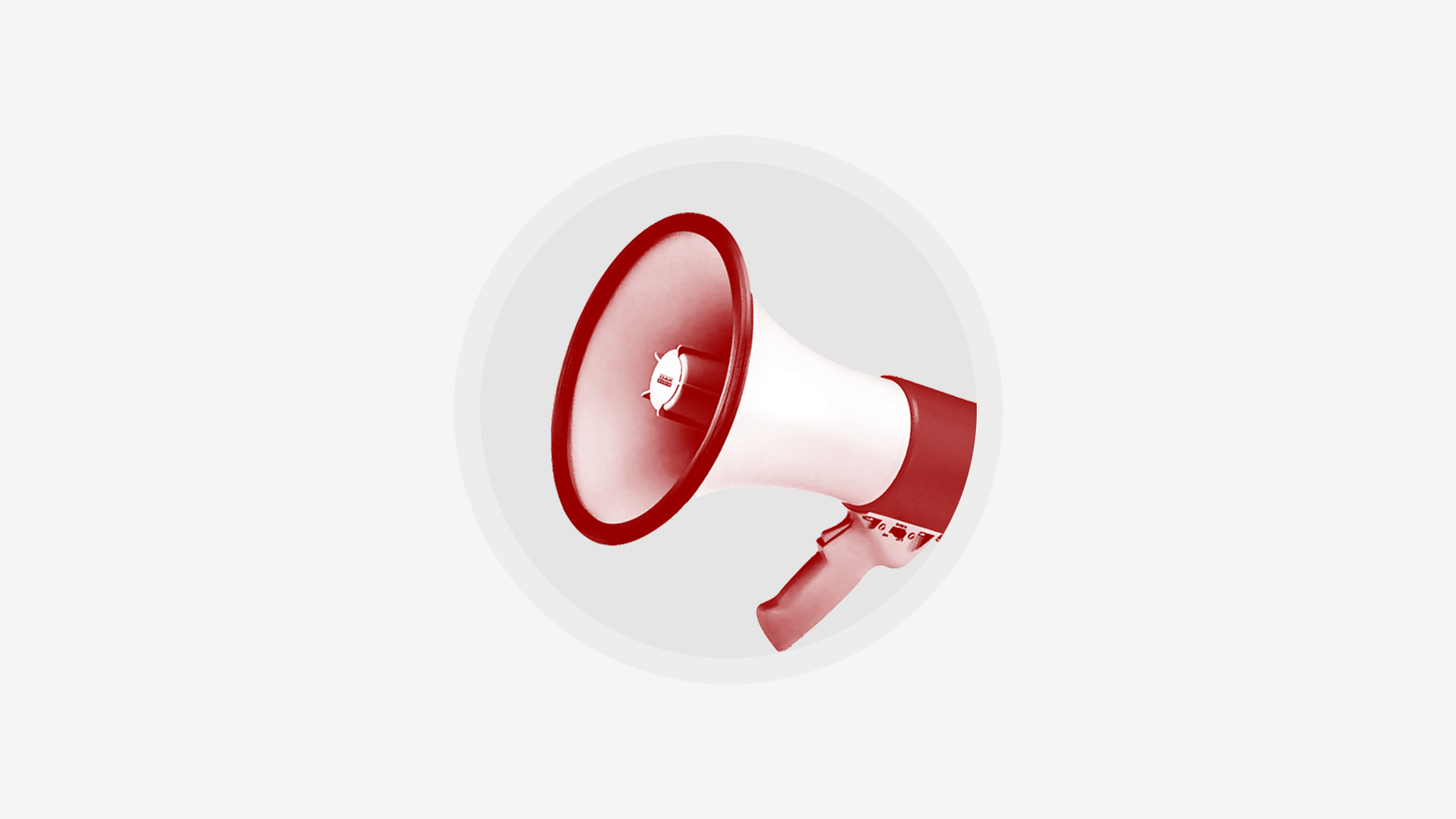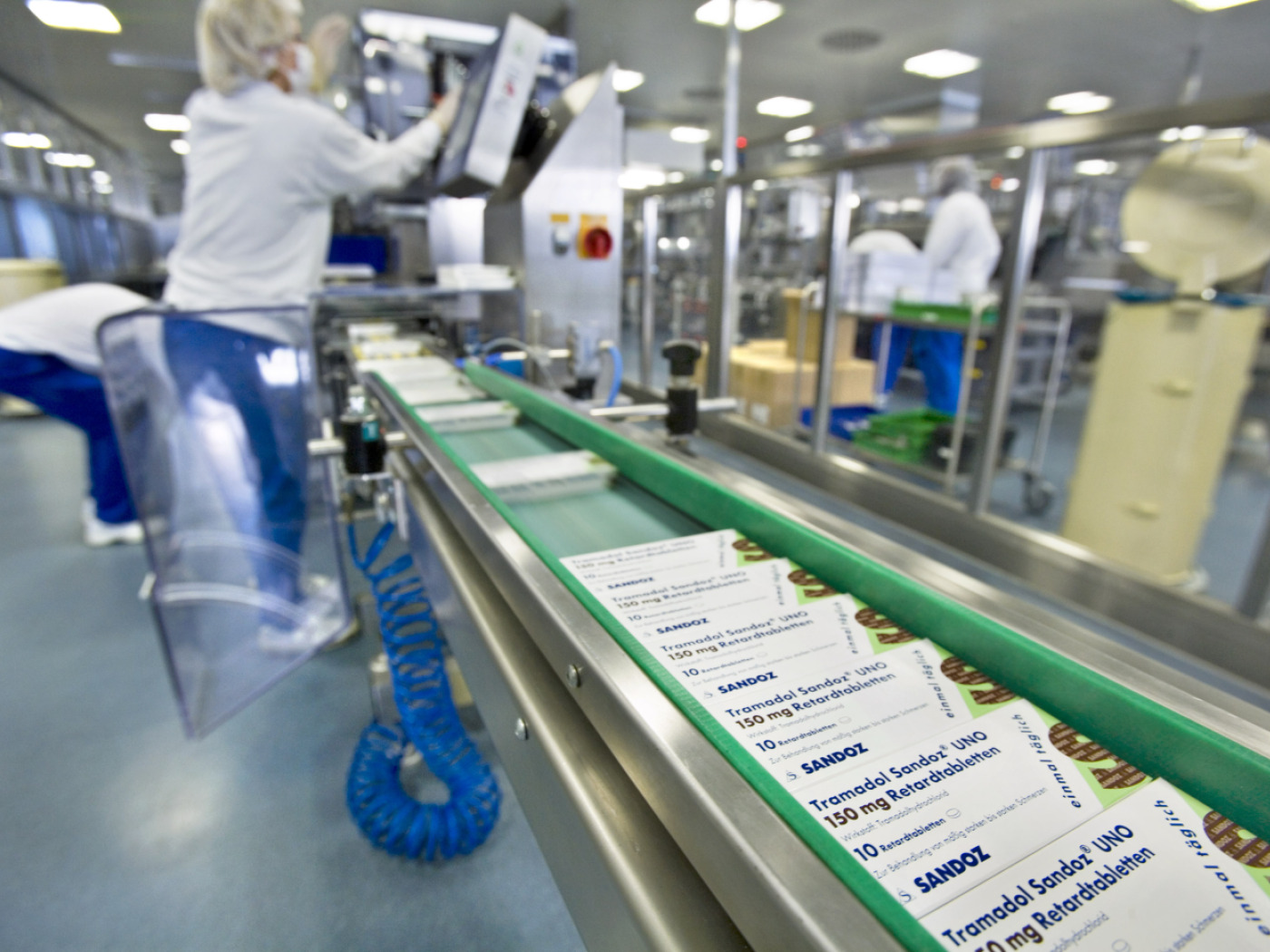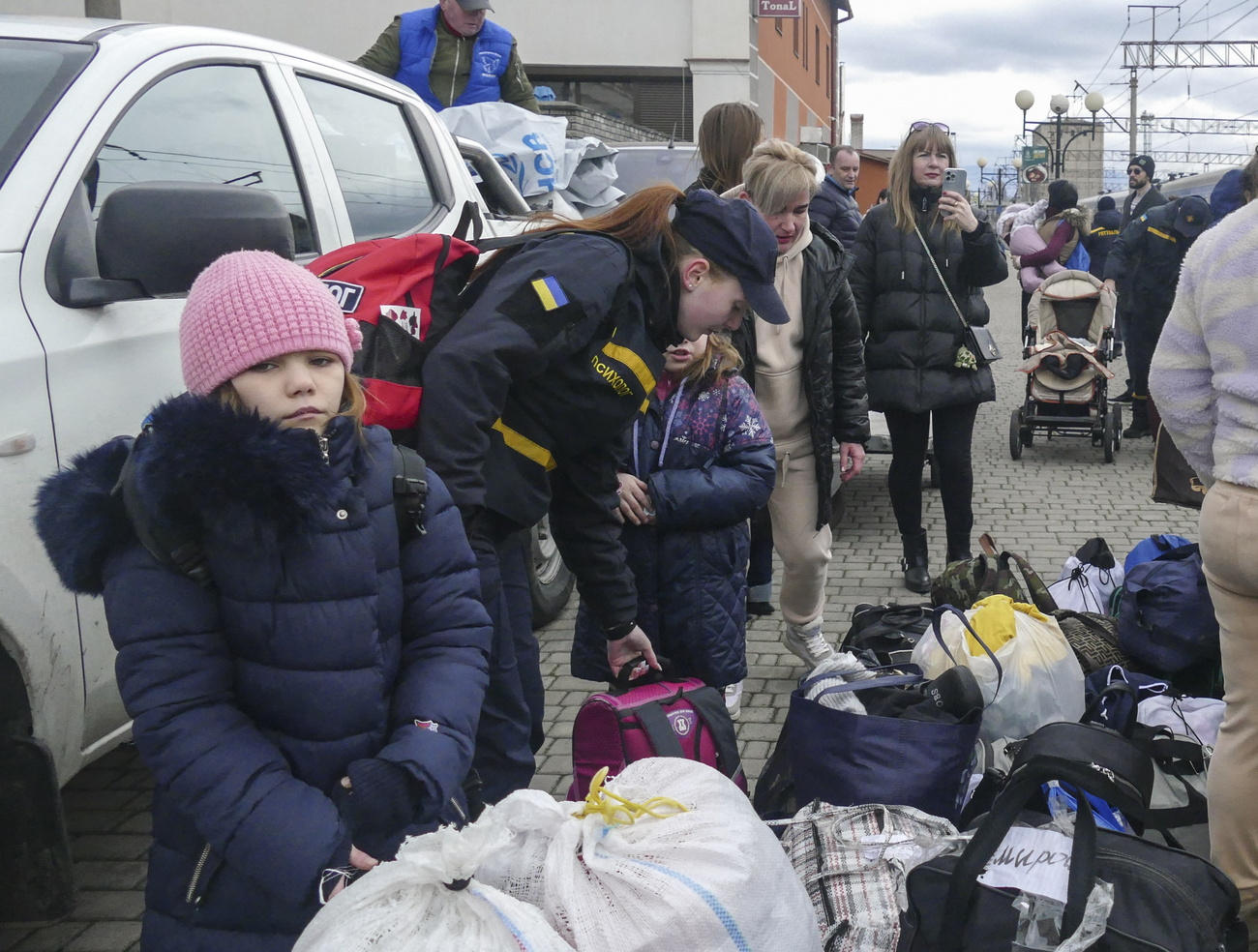
Swiss pharma exports to Russia continue despite war

More than three and a half years after Moscow's attack on Ukraine, exports of the Swiss pharmaceutical industry to Russia remain largely stable.
+Get the most important news from Switzerland in your inbox
Companies justify this with their responsibility towards patients, but there is no shortage of criticism.
According to figures from the Federal Customs and Border Security Service (FCAB), in 2024 the industry supplied the Russian Federation with medicines to the value of CHF1.8 billion. This is slightly less than in the previous two years, but corresponds to the level in 2019, i.e. before the outbreak of the Covid-19 pandemic. In 2025, the sector is also on track to reach the previous year’s figures.
+ Why western companies still can’t quit Russia
Although Russia’s share of total Swiss pharmaceutical exports is less than 2%, the branch’s products currently account for more than 80% of Swiss exports to Russia. Before the outbreak of the conflict in February 2022, the share was 50%.
Since the invasion, many Swiss companies have drastically reduced or completely ceased their activities in Russia. Pharmaceutical exports, on the other hand, are legally permitted: the EU sanction measures taken by the Federal Council mainly concern trade in goods, finance and energy, but not the supply of humanitarian or medical products.
Sufficient alternatives
Public Eye – a Swiss non-governmental organisation that judges the actions of companies abroad – nevertheless views the situation with a critical eye. “Following the tightening of sanctions by Western countries against Russia, Swiss pharmaceutical companies should also withdraw from Russia,” spokesperson Oliver Classen told the Awp news agency.
‘There are sufficient alternatives for the indispensable drugs that Roche or Novartis supply to Russia.” Public Eye, on the other hand, considers the discontinuation of clinical trials as unethical. According to Classen, the companies should continue to supply the necessary products, “but exclusively for such research”.
The big companies in the industry justify their actions with responsibility towards patients. “Novartis is committed to ensuring access to medicines for people all over the world, regardless of where they are,” the company stated. Disruption of the supply of essential preparations could have serious consequences for those affected.
Political signal
Roche also continues to export drugs and diagnostic products. According to a spokeswoman, however, activities have been “significantly restricted”. New clinical trials and the admission of new patients have been suspended. “Despite this in accordance with international law we ensure that patients receive essential drugs.” Russia accounts for about 1% of Roche’s turnover.
“About half of our products in Russia are on the World Health Organisation’s list of essential medicines,’ said Sandoz. Activities in Russia represent only a small single-digit percentage of the group’s global turnover. Lonza, for its part, has neither plants nor offices or other operational presence in the Russian Federation and speaks of “very limited” business relations.
On the basis of turnover and market share figures, it cannot be said that Swiss pharmaceutical companies contribute to the financing of Putin’s war, said Public Eye’s Classen. ‘Their withdrawal would still be an important political signal to the Russian government.”

More
Swiss medicine sales to Russia hit 30-year high
Translated from French by DeepL/mga
We select the most relevant news for an international audience and use automatic translation tools to translate them into English. A journalist then reviews the translation for clarity and accuracy before publication.
Providing you with automatically translated news gives us the time to write more in-depth articles. The news stories we select have been written and carefully fact-checked by an external editorial team from news agencies such as Bloomberg or Keystone.
If you have any questions about how we work, write to us at english@swissinfo.ch

In compliance with the JTI standards
More: SWI swissinfo.ch certified by the Journalism Trust Initiative




























You can find an overview of ongoing debates with our journalists here . Please join us!
If you want to start a conversation about a topic raised in this article or want to report factual errors, email us at english@swissinfo.ch.